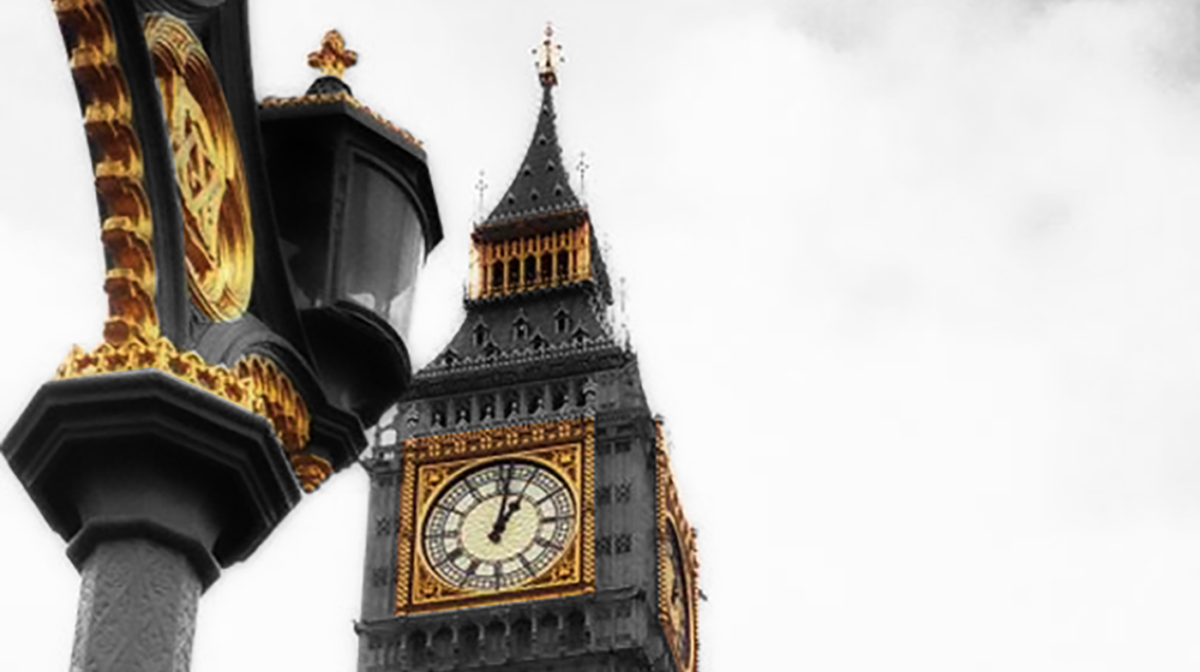On 1-Jun-1945, six weeks after the death of Franklin Roosevelt, new U.S. President Harry Truman convened a meeting to update the status on and debate the use of the soon-to-be-born atomic bomb. But first, at the Pentagon, a group consisting of James Byrnes (soon to be Secretary of State), generals George C. Marshall and Leslie Groves, Robert Oppenheimer and Enrico Fermi, among others, convened to make a decision on how to advise the new president on the bomb.
Secretary of War Henry Stimson was also present … and well prepared:
“Stimson was now focused exclusively on the atomic bomb. He had become transfixed by its potential historical impact. He had prepared handwritten notes for these meetings, which curiously read like modernist poetry. The verse was a window into the secretary of war’s state of mind.”
His notes:
Its size and character
—Secretary of War Henry Stimson | 1-Jun-45
We don’t think it mere new weapon
Revolutionary Discovery of Relation of man to universe
Great History Landmark like
Gravitation
Copernican Theory
But, Bids fair infinitely greater, in respect to its
Effect
—on the ordinary affairs of man’s life.
May destroy or perfect International
Civilization
May[be] Frankenstein or means for World Peace
As quoted by A. J. Baime, The Accidental President. New York: Houghton Mifflin Harcourt, 2018.
The Accidental President is fascinating reading, while the jury is still out on Stimson’s poetic questions.


